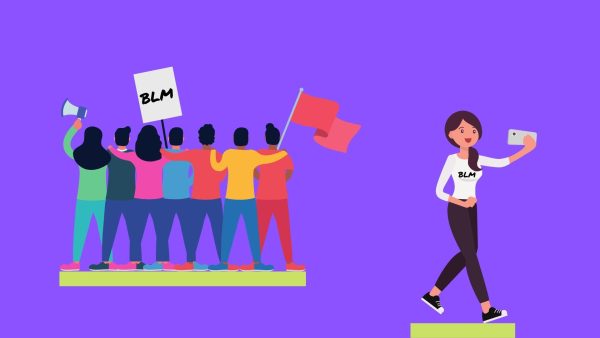OP/ED: Meyers Tragedy Sheds Light On The Relationship Between Athletes and Mental Health
Palo Alto, California woke up with uneasy news that Stanford goalie, Kaite Meyer, committed suicide on March 1.
“You may have somebody who has been loved to the ends of the earth and back from the day she was born. You can love them fully, but you may not understand them fully,” said her father Steve Meyer to the media.
The parents claimed to not have seen any red flags as to exactly why Katie decided to commit suicide, but Gina Meyers acknowledged the pressure to be perfect and “the best” could have played a role in her anxiety.
But perfection isn’t attainable.
Her death raised many questions about the status of student-athletes mental health. It’s undeniable that they carry an unbearable amount of stress and pressure. But my question is, why must we always wait until something unfortunate happens to take a stand? Society seems to wait for signs of melancholy in order to have a discussion about mental health. Not only are we having these conversations too late, but we also aren’t having them enough. Something as serious as mental health deserves to be talked about regularly, especially to athletes.
As a female collegiate athlete, I’ve seen firsthand what struggling with your mental health could look like. I understand the non-stop comparison, pressure, and unrealistic standards that coaches and staff can throw at you. No one can handle it alone and they shouldn’t have to.
“Being a student-athlete is not easy, we sign up for minimal hours of downtime a week. Sometimes it feels like our entire lives are based on sports and academics and if one thing even slightly goes wrong it feels like our whole world is coming apart,” said Veronica Scruggs, a Mercy College soccer player
With suicide being the second leading cause of death for college students, it makes me wonder about the reality we live in. Time and time again professors, coaches, and even your acquaintances, can overlook how much damage bad mental health can take a toll on your life. It can negatively affect your schoolwork, job, and your social life. But I feel as though it is double being an athlete.
Katie Meyer is more than just a number on her back. Even someone who was portrayed as a superhero by her teammates isn’t indestructible.
“In my own experience, I have had trouble with body dysmorphia and other mental health issues, and the best way I stay positive is through my friends. The friends I have are an amazing support system and I wouldn’t be the person I am today without them,” says Scruggs.
Athletes should be given as many resources as possible to prevent tragedies like hers and many others. Colleges such as Stanford are now taking precautions by hiring and adding new therapists and counselors who will be devoted solely to the athletic department. But I suspect that doing so is only solving half of the problem. Matters should be taken one step forward by also mandating a check-up appointment at least once a month.
“There are people everywhere willing to help you through the good, bad, and ugly and it’s important to cherish people who are willing to help. I never want anyone to go through what Katie Meyer went through so it is important to talk to people, tell them your feelings and express how you feel,” says Scruggs.
Oftentimes athletes suppress their emotions in an attempt to utilize sports as the “escape” that society portrays them to be. As kids, we were taught to use sports as an outlet and to come to practice with a clear mind. My old coaches would say “don’t bring the outside world into practice.” But in the end that is subconsciously training our minds to dismiss our emotions.
We have to come together and erase the stereotypes of how seeking mental therapy makes an individual seem weak. Our mental health should be just as important as how athletes treat our physical health. After a draining game/practice athletes usually ice, rest their bodies, and or go to their trainers. Therefore, after a draining day, we should take time to rest our minds or reach out to a therapist for mental clarity.

Ariana Ricci is currently a Senior at Mercy College. She is a collegiate athlete that is a part of the Student Athlete Advisory Committee and the Maverick...













